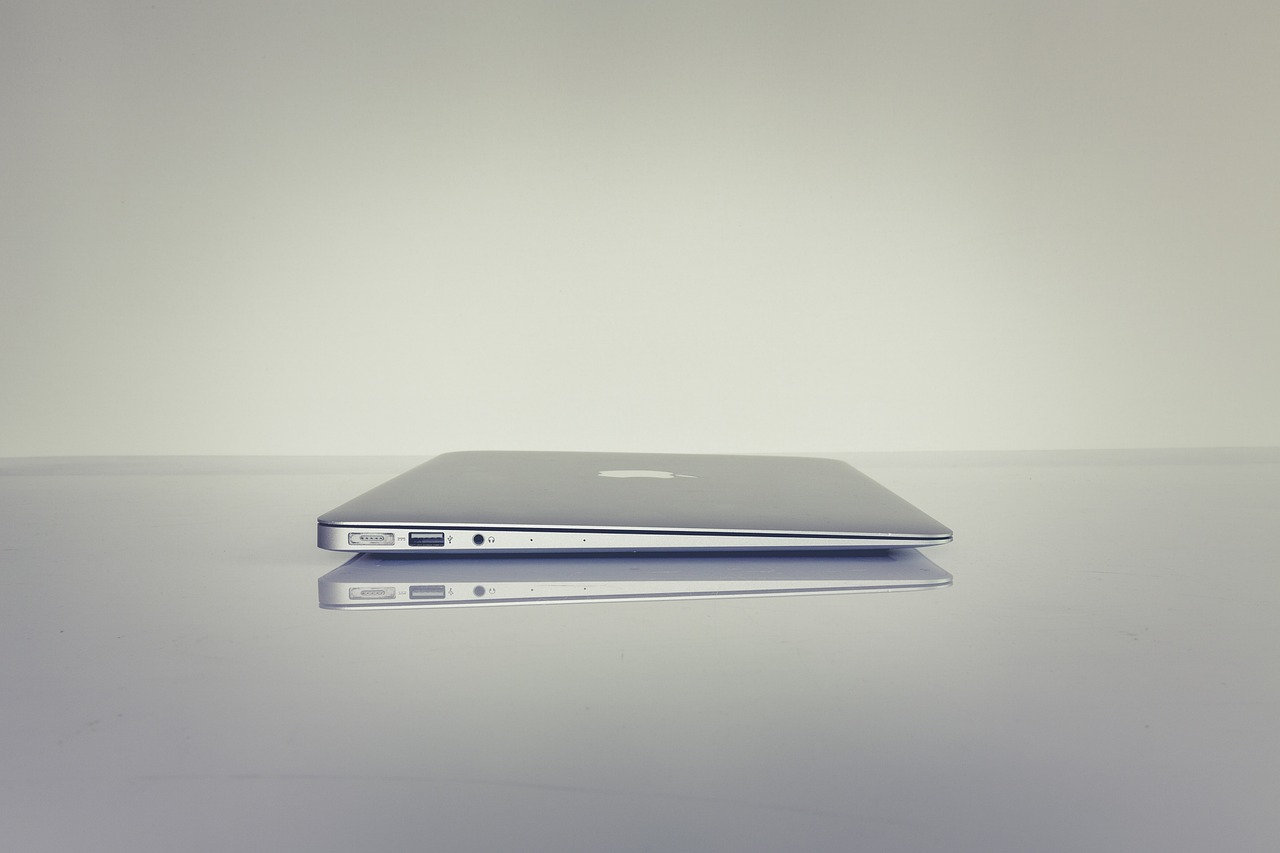- Less Clutter: Minimalism reduces the amount of clutter in your life, freeing up space in your home and work environment.
- Less Stress: With fewer possessions to worry about, your stress levels can decrease.
- More Freedom: Being a minimalist allows you to experience a greater sense of freedom from material possessions.
- Saves Money: By buying only what you need, you can save significant amounts of money.
- Better for the Environment: Minimalism promotes sustainability by reducing waste and consumption.
- Improved Productivity: With fewer distractions, you can focus more effectively on your work or studies.
- Easier to Clean: Fewer items in your home means it’s quicker and easier to clean.
- More Time: You spend less time managing and maintaining your possessions.
- Focus on What Matters: Minimalism helps you focus on what’s truly important in life.
- Improved Health: Less stress and a better focus on priorities can lead to improved mental and physical health.
- Increased Contentment: Instead of constantly wanting more, you appreciate what you have.
- Less Debt: Buying fewer things can help you avoid debt.
- Easier Decisions: Fewer belongings means fewer decisions to make about maintenance, organization, etc.
- Travel Light: It’s easier to pack and travel when you own less stuff.
- More Energy: You waste less energy dealing with things and have more for people and experiences.
- Improved Relationships: When you focus less on material possessions, you can focus more on relationships.
- Promotes Generosity: By not being attached to possessions, you may become more generous to others.
- Less Fear: When possessions don’t rule your life, you may find that fear of loss diminishes.
- Promotes Gratitude: You appreciate what you have instead of desiring what you don’t have.
- Increases Quality: Minimalists often prefer a few high-quality items over many low-quality ones.
- Teaches Resourcefulness: You learn to make do with what you have.
- Less Maintenance: Fewer things in your life mean fewer things to fix or maintain.
- Less Work: You don’t have to work as much to afford a lifestyle filled with possessions.
- Improves Creativity: With fewer distractions, you may find your creativity increases.
- More Experiences: By focusing less on possessions, you can prioritize experiences more.
- Easier Moving: If you decide to move, the process is simpler and less stressful when you have fewer possessions.
- Better for Kids: Kids in minimalist homes often learn to value relationships and activities over possessions.
- Less Comparison: When you’re not striving to have more, you’re less likely to compare yourself to others.
- Clear Mind: A clutter-free environment often leads to a clear mind.
- More Personal Growth: Without attachment to material possessions, you have more time and focus for personal growth and development.
Facebook Comments


































